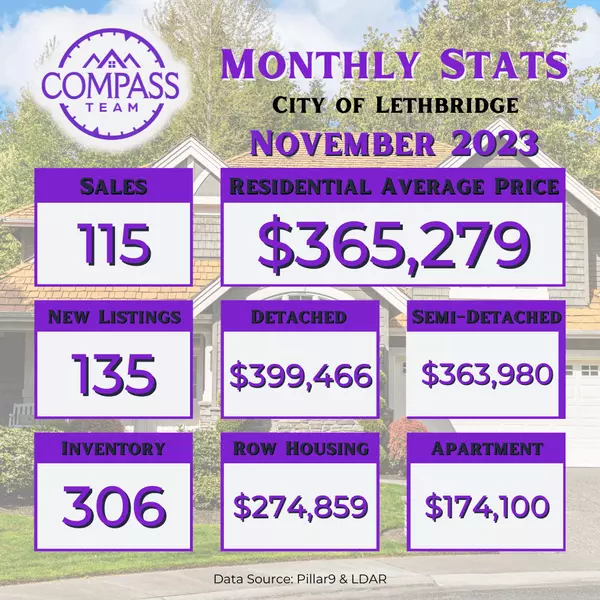Gen Z’s Influence on Real Estate
Gen Z’s Influence on Real Estate
As the youngest generation of homebuyers enters the real estate market, there is a growing recognition of the unique characteristics and preferences of Gen Z. Born between the mid-1990s and early 2010s, Gen Z is the first generation to grow up entirely in the digital age, which has profoundly influenced their attitudes towards homeownership. Here are some key ways Gen Z is influencing the real estate market:
Digital-first approach
As digital natives, Gen Z expects a seamless and convenient online experience in every aspect of their lives, including home buying. They are comfortable researching, viewing, and even purchasing properties online, often without ever stepping foot in the home. As a result, real estate agents and brokers must adapt to provide comprehensive online resources and experiences to cater to Gen Z's digital-first approach.
A desire for sustainability
Gen Z is the most environmentally conscious generation to date, and their preference for eco-friendly homes is driving change in the real estate market. They prioritize sustainable features like energy-efficient appliances, solar panels, and green building materials, and are willing to pay a premium for homes that meet their environmental standards.
Preference for urban living
Unlike their millennial predecessors, Gen Z favors urban living over suburban or rural areas. They value walkability, access to public transportation, and proximity to entertainment and cultural attractions. As a result, urban areas with affordable housing options are becoming increasingly popular among Gen Z homebuyers.
Collaborative living arrangements
Gen Z values community and social connections more than any previous generation, which is why collaborative living arrangements like co-living and co-housing are becoming more popular. These arrangements allow multiple individuals or families to live together and share communal spaces, amenities, and expenses, which can make homeownership more affordable and accessible.
Flexible living arrangements
Gen Z is also more likely to embrace flexible living arrangements like renting and subletting. They value the freedom and flexibility to move frequently and live in different areas without the burden of long-term commitments like a mortgage. As a result, real estate professionals are developing more flexible options, like short-term leases and furnished apartments, to cater to Gen Z's preferences.
In conclusion, as the youngest generation of homebuyers enters the market, the real estate industry must adapt to meet their unique needs and preferences. Gen Z's digital-first approach, desire for sustainability, preference for urban living, collaborative living arrangements, and flexible living arrangements are all shaping the real estate market and will continue to do so for years to come. Real estate professionals who understand and cater to these trends will be well-positioned for success in the years ahead.

Categories
Recent Posts










Leave a Reply


